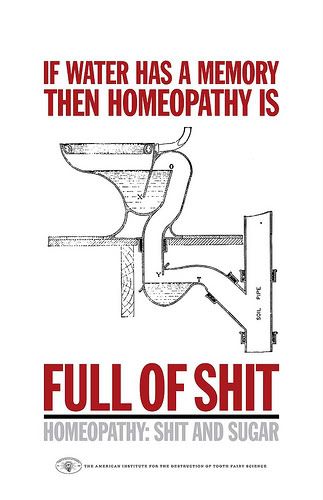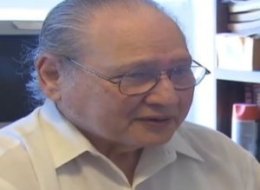Darrel wrote: Absolute morality in a nutshell.
DOUG
Yes, the best part is when Dawkins emphasizes how the morality he prefers is a morality that is "thought-out, reasoned, argued, discussed, and based on...intelligent design."
Darrel wrote:So that's morality. Reason, observation and critical thinking give results that work and thus the best results, obviously. Religion, and believing because of authority, established belief, tradition and superstition don't work and give us very undesirable results. That's the test, religion fails.
DOUG
Well, it is a matter of definition whether something gives the "best results." Before you can even discuss what works best you have to determine what would count as one outcome being better than another, and whether you want to measure moral systems by outcomes at all. On deontological ethical systems, the outcomes don't count at all--all that counts is following the moral rules no matter what happens as a result.
For example, on Immanuel Kant's deontological system, lying is
always wrong. No matter what, you should never lie. So the philosopher A.C. Ewing asks: what if you are a diplomat who is put in a situation such that when you are asked about something by a foreign representative, if you lie you can avert a war, but if you tell the truth you will start WWIII and millions will die. Which gives the best results? For Kant, the fact that millions would die if you tell the truth has no bearing on whether you should tell the truth. So you should tell the truth no matter what the outcome.
The divine command theory can be considered a subset of deontological theories. The process Dawkins describes sounds like it is definitely not a deontological view. It may be any of several other kinds, but it isn't deontological.
"We could have done something important Max. We could have fought child abuse or Republicans!" --Oona Hart (played by Victoria Foyt), in the 1995 movie "Last Summer in the Hamptons."






